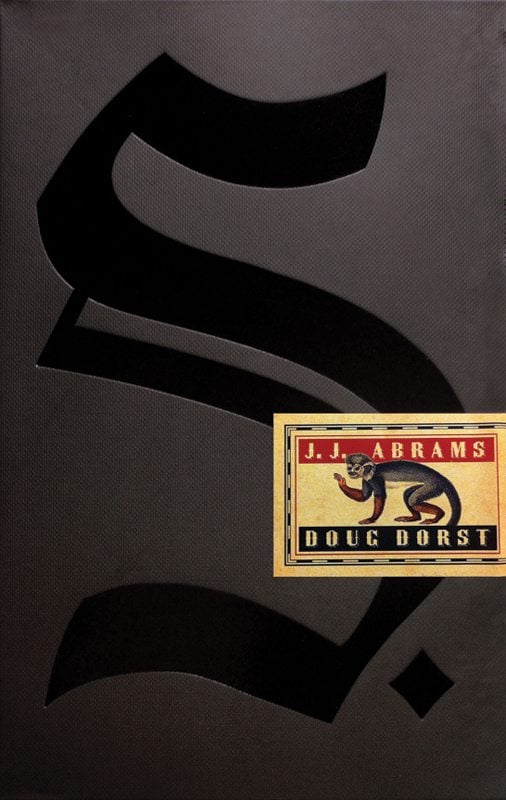


Both are obsessives of the Straka literary mystery, and are taking Ship of Theseus in turn out of the stacks of the library of Pollard State University and conducting an analogue equivalent of email in the white space on the pages. These accommodate, on almost every page, scribbled handwritten comments that alternate between the lower-case scrawl of a woman called Jen and the neat capitalised writing of a man by the name of Eric. We are, however, already not wholly concentrating on Caldeira, because the book, though otherwise a library hardback realistically battered and yellowed over six decades, has startlingly wide margins. Noting this plot‑seeding catalogue, the Abrams fan thinks of the pilot episode of Lost, in which almost everything said by a survivor of the plane crashed on the desert island seemed to open up a mystery. Almost nothing is known about him, and his elusive identity, Caldeira rather grumpily records, has led to an "authorship controversy", somewhat akin to the Shakespearean one, with rival academic camps supporting different candidates. The latter's preface claims that Straka was "one of the most idiosyncratic and influential" authors of the first half of the 20th century. This book is Ship of Theseus, the 19th and final novel of an author called VM Straka, which has been translated with copious footnotes by someone called FX Caldeira. Inside is what looks like an old library book, complete with shelf code and date stamps of its borrowing history.


The finished product consists of a shrinkwrapped package that – perhaps fittingly – resembles a TV box set. You suspect that this collaboration with Abrams must have taught Dorst a few things about the nature and creation of fiction. With S., Abrams is a sort of "novelrunner", having conceived the project but left the prose to someone else: Doug Dorst, a US novelist and creative writing tutor. On programmes such as Lost and Alias, Abrams operated as what American TV calls a "showrunner", overseeing every decision and episode but not writing every episode himself. And I say "come up with", rather than "written", because one of the conventions challenged is that of authorship. Abrams, though, has come up with a novel of such structural daring that the first task of the audience is to work out a way of reading it.


 0 kommentar(er)
0 kommentar(er)
